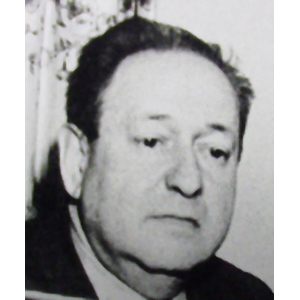Erich Korngold was the born to music critic Julius Korngold. He began piano and musical theory lessons at the age of five, and two years later composed his first work. In June 1906 he performed his cantata Gold with Gustav Mahler in the audience, who got him to study with Alexander von Zemlinsky. His first published score is the Trio op.1 in 1910.
His
Sinfonietta op.5 was premiered in 1913 and displayed wonderful symphonic and structural qualities. Korngold composed his first opera,
Der Ring des Polykrates op.7 between 1913 and 1914. This was premiered, in a double program with
Violanta op.8, on March 28, 1916, under the baton of Bruno Walter. The success of these works led him to compose
Die Tote Stadt op.12. This premeiered in two concurrent performances in Hamburg and Köln on December 4, 1920. In 1924 married Luise (Luzi) von Sonnenthal and began to work on his opera,
Das Wunder der Helianeop.20. It premiered in Hamburg, in October of 1927.
In 1929 Korngold met theatre director Max Reinhardt and went to Hollywood. He was commissioned to make the musical arrangements for a new Warner Bros project, Felix Mendelssohn's music for
A Midsummer Night's Dream. He returned to Europe, in 1935 to work on his new opera,
Die Kathrin. With the opera unfinished, he returned to Hollywood to compose the score for a Paramount film,
Give Us This Night. But it was the Warner Brothers film
Captain Bloodthat brought him acclaim. In 1936 he won his first Academy Award for his operatical score for
Anthony Adverse. He returned to Europe once more to premiere his now finished opera. Unfortunately, the political climate in Austria (prior to World War II) made it impossible to realize the performance of
Die Kathrin.
Returning to Hollywood, he composed the score for
The Adventures of Robin Hood which brought him his second Academy Award. Korngold then focused his musical efforts on movies. Korngold's music set the standard for film composers with grand adventure themes and tender and passionate romantic melodies underscored by lush orchestrations.
Die Kathrin op.28 was finally premiered in Stockholm, the 7th of October 1939 to poor reviews. At the end of World War II, Korngold again returned to more serious music with the
String Quartet No. 3, op.34 and the
Violin Concerto op.35. These works employed thematic material used in his film scores. In 1946, he composed the score for
Deception. This became the basis for his
Cello Concerto op.37.
Korngold again returned to Vienna premeiring his Symphonic Serenade op.39 conducted by the great conductor, Wilhelm Furtwängler. After failing to excite the public with his music, Korngold returned to the United States. He focused his efforts on the Symphony in F-Sharp op.40. It premiered in Europe in 1954. He died in 1957 at the age of sixty after suffereing a cerebral thrombosis. Korngold was nominated for four Academy Awards, winning twice in 1936 and 1938 scoring only twenty films during his career.
Operas:
The Ring of Polykrates (1913-1914)
Violanta (1916)
Die tote Stadt, Op12 (1920)
Das Wunder der Heliane, Op20 (1927)
Die Kathryn (1939)
Die stumme Serenade, Op 36 (1954)
Film Music:
Captain Blood (1935)
Rose of the Rancho (1935)
A Midsummer Night Dream (1935) adapted from Felix Mendelssohn
Give Us This Night (1936)
Anthony Adverse (1936 - Academy Award Winner)
Another Dawn (1936-1937)
The Prince and the Pauper (1937)
The Adventures of Robin Hood (1938 - Academy Award Winner)
Juarez (1938-1939)
The Private Lives of Elizabeth and Essex (1939)
The Sea Hawk (1940 - Academy Award Nomination)
The Sea Wolf (1941)Kings Row (1941)
The Constant Nymph (1942)
Devotion (1943)
Between Two Worlds (1944)
Of Human Bondage (1944-1945)
Escape Me Never (1946)
Deception (1946)
Orchestral:
The Snowman (ballet pantomime) (1908/09)
Schauspiel Overture, Op 4 (1911)
Sinfonieta in B major, Op 5 (1913)
Sursum Corda, Op. 33 (1920)
Piano Concerto, in C sharp for left hand (1924)
Baby Serenade, Op 24 (1932)
Violin Concerto, in D major (1947)
Cello Concerto, in C major Op 37 (1946)
Symphonic Serenade, in B flat major, Op32 (1950)
Symphony in F sharp major, Op 40 (1954)
Theme and Variations, for school orchestra, Op 42 (1953)
Violin Concerto (1937-1939 rev. 1945)
Symphony in F-sharp (1947)
The Silent Serenade (1946 - 1950)


